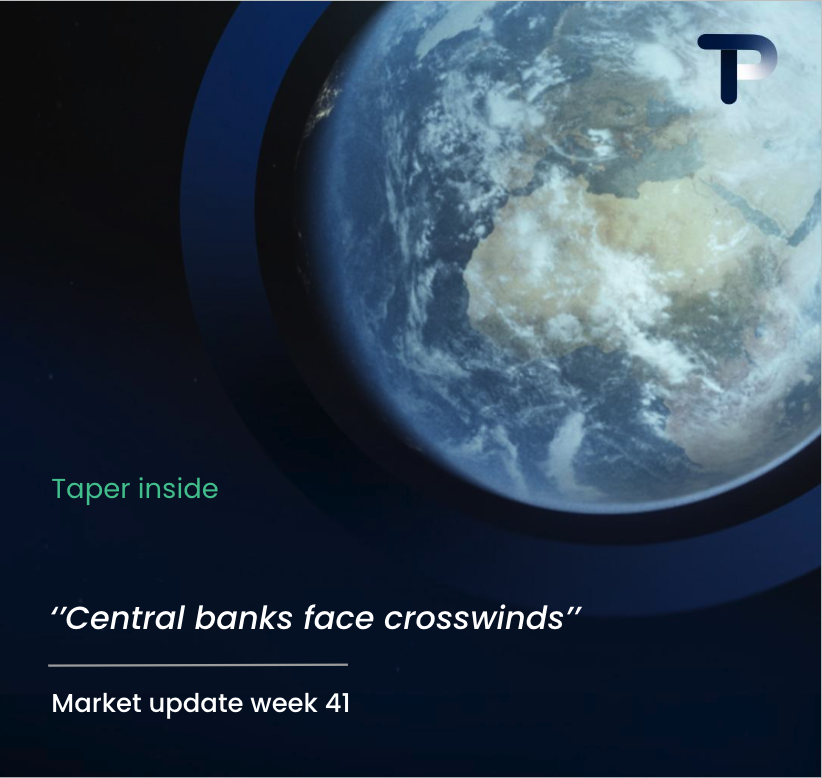Choosing between local and global financial providers depends on your specific expansion goals, target markets, and transaction needs. Local providers excel in offering market-specific expertise, personalised relationships, and competitive domestic pricing, while global providers deliver worldwide infrastructure, multi-currency capabilities, and standardised international processes. The right choice aligns with your expansion timeline, regulatory requirements, and long-term growth strategy.
What Are the Main Differences Between Local and Global Financial Providers?
Local and global financial providers serve distinctly different roles in supporting business expansion, each offering unique advantages depending on your company’s needs and growth trajectory.
Service scope represents the most fundamental difference. Local providers typically focus on domestic markets and neighbouring regions, offering deep expertise in specific regulatory environments. They understand local business customs, compliance requirements, and market dynamics intimately. Global providers, conversely, maintain extensive international networks spanning multiple continents, enabling seamless cross-border operations.
Geographic reach varies dramatically between these provider types. Local institutions might serve a single country or region effectively, whilst global providers operate across dozens of countries with established banking relationships and payment corridors. This difference becomes particularly relevant when you’re planning expansion into multiple international markets simultaneously.
Regulatory compliance approaches also differ significantly. Local providers excel at navigating domestic regulations and can offer specialised guidance for specific jurisdictions. Global providers maintain compliance frameworks across multiple regulatory environments, though they may lack the nuanced understanding that local specialists provide for individual markets.
Pricing structures reflect these operational differences. Local providers often offer competitive rates for domestic transactions and regional payments, leveraging established local banking relationships. Global providers typically provide standardised pricing across markets, which can be beneficial for businesses requiring predictable costs across multiple currencies and regions.
How Do Local Providers Support Your Expansion Strategy?
Local providers offer several compelling advantages for businesses beginning their international expansion journey or focusing on specific regional markets.
Market knowledge stands out as their primary strength. Local providers understand cultural nuances, business practices, and regulatory requirements that international companies often overlook. They can guide you through local banking procedures, tax obligations, and compliance requirements that might otherwise create operational challenges.
Regulatory expertise within specific jurisdictions provides invaluable support. Local providers stay current with changing regulations, tax laws, and compliance requirements in their markets. They can help you establish compliant payment processes and maintain proper documentation for local authorities.
Personalised service relationships develop more naturally with local providers. You’ll typically work with dedicated relationship managers who understand your business model and can provide tailored solutions. This personal approach often results in more flexible terms and faster problem resolution when issues arise.
Competitive pricing for domestic operations reflects their operational efficiency within familiar markets. Local providers can offer attractive rates for domestic transactions, regional payments, and currency exchanges involving their home currency.
Established relationships with regional partners enable local providers to facilitate introductions to other service providers, suppliers, or potential business partners within their markets. These connections can prove valuable for companies establishing operations in new territories.
Why Might Global Providers Be Better for International Expansion?
Global providers deliver distinct advantages for businesses pursuing aggressive international expansion or operating across multiple markets simultaneously.
Worldwide infrastructure enables seamless operations across multiple countries without requiring separate banking relationships in each market. Global providers maintain correspondent banking networks and payment corridors that facilitate efficient cross-border transactions.
Multi-currency capabilities represent a significant operational advantage. Global providers typically support dozens of currencies with integrated fx payments systems, real-time exchange rate updates, and automated currency conversion features. This functionality becomes particularly valuable for businesses managing complex international supply chains or serving customers across multiple markets.
Standardised processes across markets create operational consistency. Global providers implement uniform procedures, documentation requirements, and compliance frameworks across their network. This standardisation simplifies management for businesses operating in multiple jurisdictions.
Comprehensive compliance support addresses the complex regulatory requirements of international business. Global providers maintain compliance teams familiar with international regulations, anti-money laundering requirements, and cross-border reporting obligations.
Integrated international payment solutions streamline complex transactions. Global providers offer sophisticated platforms that handle multi-currency payments, automated reconciliation, and consolidated reporting across all markets. These features become particularly valuable as transaction volumes increase.
Making the Right Choice for Your Expansion Goals
Selecting the appropriate provider requires careful evaluation of your specific expansion objectives, operational requirements, and long-term growth plans.
Consider your expansion timeline carefully. Businesses planning gradual expansion into one or two markets might benefit from local providers’ specialised expertise. Companies pursuing rapid multi-market expansion typically require global providers’ standardised infrastructure and broad geographic coverage.
Evaluate your target markets’ characteristics. Emerging markets with complex regulatory environments might favour local providers’ specialised knowledge. Established markets with mature financial infrastructure often work well with global providers’ standardised approaches.
Assess your transaction volumes and complexity. Lower-volume businesses with straightforward payment needs might find local providers more cost-effective. High-volume businesses requiring sophisticated multi-currency management typically benefit from global providers’ advanced platforms.
Review compliance requirements across your target markets. Businesses operating in heavily regulated industries might need local providers’ specialised compliance expertise. Companies in less regulated sectors often find global providers’ standardised compliance frameworks sufficient.
Consider your long-term growth objectives. Businesses planning to remain focused on specific regions might prefer local providers’ deep market expertise. Companies with global ambitions typically require global providers’ scalable infrastructure and worldwide capabilities.
The decision isn’t always binary. Many successful businesses employ hybrid approaches, working with local providers in key markets whilst maintaining global provider relationships for standardised services. This strategy combines local expertise with global efficiency, though it requires more complex relationship management.
At TaperPay, we understand that choosing the right financial partner significantly impacts your expansion success. Our multi-currency IBAN accounts and international payment solutions are designed to support ambitious SMEs navigating the complexities of global growth, providing the flexibility to work alongside your existing provider relationships whilst enhancing your international capabilities.
Hi there! 👋 I see you're reading about multi-currency IBAN accounts for supply chain payments. Smart choice - these accounts can save businesses 2-4% on every international transaction!
What best describes your current situation with international supplier payments?
Which of these challenges are you currently facing with international payments? (Select all that apply)
What's driving your interest in multi-currency payment solutions? Tell us about your business goals or challenges.
Great! To help us understand your specific needs better, could you share more details about your international payment volume or any particular requirements?
Perfect! Let's connect you with one of our international payments specialists who can show you exactly how Taper's multi-currency IBAN accounts can save you money and streamline your supply chain payments.



